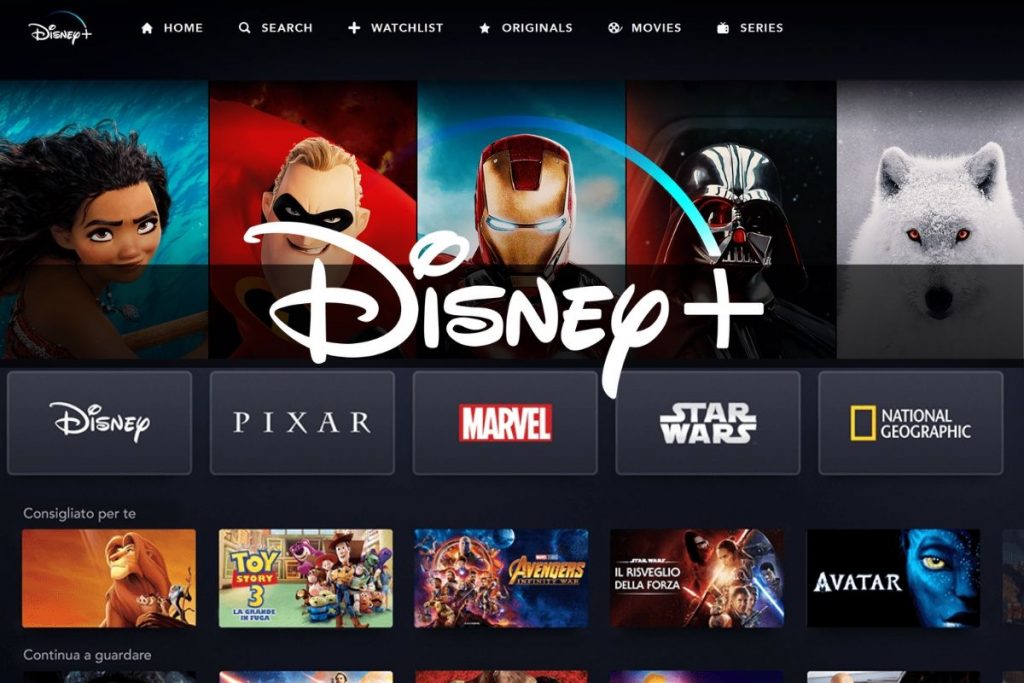Entertainment media has undergone a remarkable evolution throughout human history, reflecting our innate desire for storytelling, creativity, and shared experiences. From humble beginnings in prehistoric times to the digital age of streaming platforms, the evolution of entertainment media has been shaped by technological advancements, cultural shifts, and artistic innovation. This article explores the fascinating journey of entertainment media, tracing its origins, milestones, and transformative moments that have shaped the way we entertain ourselves today.
Origins of Entertainment Media
The roots of entertainment media can be traced back to ancient civilizations, where storytelling, music, and performance played a central role in communal gatherings and cultural rituals. In prehistoric times, early humans used cave paintings, oral traditions, and symbolic artifacts to convey stories, express emotions, and preserve their collective memory.
As societies evolved, so too did the forms of entertainment media. In ancient Greece, theatrical performances became a cornerstone of cultural life, with playwrights like How to Watch CW In UK and Euripides captivating audiences with epic dramas and tragic comedies. Similarly, ancient civilizations in China, India, and the Americas developed rich traditions of music, dance, and storytelling that continue to influence contemporary entertainment to this day.
The Printing Press and the Birth of Mass Media
The invention of the printing press in the 15th century marked a watershed moment in the evolution of entertainment media. With the ability to produce books, newspapers, and pamphlets on a mass scale, the printing press democratized access to knowledge and information, paving the way for the spread of literacy and the rise of mass media.
The Gutenberg Bible, printed by Johannes Gutenberg in 1455, is often cited as the first major publication produced using movable type printing technology. This revolutionary innovation made it possible to reproduce written works with unprecedented speed and accuracy, fueling the spread of ideas, literature, and cultural exchange across Europe and beyond.
The Golden Age of Cinema
The 20th century witnessed the rise of cinema as a dominant form of entertainment media, captivating audiences with its ability to transport them to distant lands, evoke powerful emotions, and tell stories that resonate across cultures and generations. The Lumière brothers’ first public screening of a motion picture in 1895 marked the birth of modern cinema, setting the stage for the emergence of Hollywood and the global film industry.
During the Golden Age of Hollywood in the 1930s and 1940s, studios like MGM, Warner Bros., and Paramount Pictures churned out a steady stream of blockbuster films that captivated audiences worldwide. Iconic stars like Charlie Chaplin, Marilyn Monroe, and Humphrey Bogart became household names, while directors like Alfred Hitchcock and Orson Welles revolutionized the art of filmmaking with their innovative techniques and storytelling prowess.
The Advent of Television and Broadcasting
The advent of television in the mid-20th century heralded a new era of entertainment media, bringing moving images and sound into the living rooms of millions of households around the world. The first experimental television broadcasts began in the 1920s and 1930s, but it wasn’t until after World War II that television truly began to take off as a mass medium.
Television quickly became the primary source of entertainment for families, offering a diverse array of programming ranging from sitcoms and dramas to news broadcasts and live sports events. The launch of networks like NBC, CBS, and ABC in the United States paved the way for the development of a thriving television industry that continues to shape popular culture to this day.
The Digital Revolution and the Rise of Streaming
The digital revolution of the late 20th and early 21st centuries transformed the landscape of entertainment media, ushering in an era of digital streaming, on-demand content, and interactive experiences. With the advent of the internet, mobile technology, and high-speed broadband networks, consumers gained unprecedented access to a wealth of entertainment options at their fingertips.
Streaming platforms like Netflix, Amazon Prime Video, and Hulu revolutionized the way we consume entertainment, offering a vast library of movies, TV shows, music, and podcasts on a subscription basis. These platforms leverage advanced algorithms and data analytics to personalize recommendations, optimize content delivery, and enhance the user experience, giving viewers greater control over what, when, and how they watch.
The Future of Entertainment Media
As we look to the future, the evolution of entertainment media shows no signs of slowing down. Emerging technologies like virtual reality (VR), augmented reality (AR), and artificial intelligence (AI) promise to revolutionize the way we experience entertainment, blurring the lines between the physical and digital worlds and opening up new possibilities for storytelling and creativity.
From immersive VR experiences that transport us to far-off galaxies to interactive storytelling adventures that place us at the center of the action, the future of entertainment media is limited only by our imagination. As technology continues to evolve and audiences demand more immersive, personalized experiences, the entertainment industry will continue to push the boundaries of what’s possible, shaping the way we entertain ourselves for generations to come.


